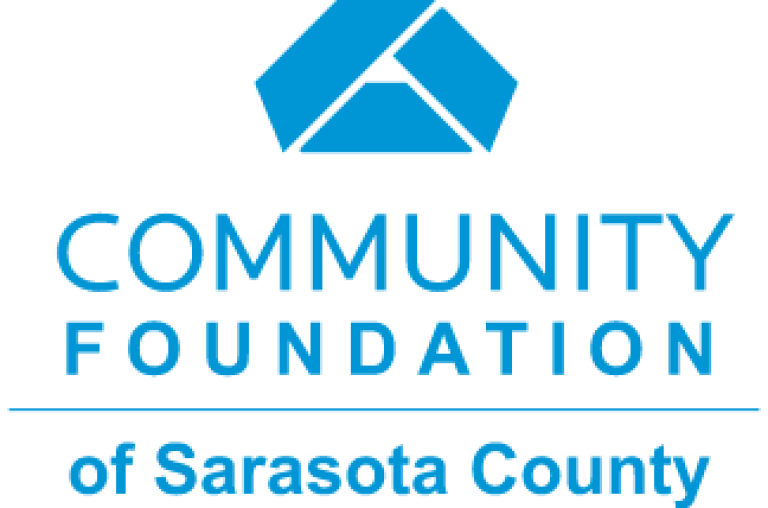February 28, 2023
Community Foundation of Sarasota County Taps Unique Funding to Support Affordable Housing Opportunity for Project 180
Categories: COMMUNITY CARE: Placemaking: Housing, Transportation & Economic Support, COMMUNITY CARE: Preventing Homelessness,
Through a combination of grant and program-related investment, formerly incarcerated citizens remain sheltered and connected
In a bid to circumvent homelessness that can lead to recidivism, the Community Foundation of Sarasota County aided with a real estate purchase for Project 180, a local nonprofit organization that helps formerly incarcerated people reintegrate into society.
At the end of 2022, the Community Foundation provided $360,000 through a combination of grant funding and a low-interest loan to make the transaction possible. The three-bedroom house is home to six men who are working to rebuild their lives in mainstream society with the guidance and supervision provided by the 15-year-old organization. Without the home purchase, the men who committed rebuilding their lives through a guided reentry program would have been without critical social supports, leaving them vulnerable to a return to addiction or criminal behavior.
“To be able to help people rebuild their lives as contributing citizens is an opportunity that will have a deep, lasting impact through creative charitable giving,” said Kirsten Russell, Vice President of Community Impact at the Community Foundation of Sarasota County. “Often the history of incarceration brings insurmountable obstacles towards the goal of becoming a valuable member of society, and providing this unique funding keeps that forward moment in the lives served by Project 180 on track by having a place to call home, which is especially challenging in our current housing market.”
Project 180 offers a suite of wraparound services to men coming out of jail or prison with the goal of making it possible for them to remain drug-free, maintain employment, and avoid homelessness. The nonprofit provides workforce training, financial literacy programs, and a holistic Residential Program for men in active recovery. These factors reduce the odds of re-offending and become the building blocks of achieving a conventional life.
Those in the Residential Program live cooperatively with their roommates, sharing the responsibility of keeping a tidy house, cooking meals, and repairing minor issues as they arise. They must abide by Project 180 expectations, including submitting to regular drug tests and participating in regular meetings that forward recovery from drugs and alcohol. The program also introduces them to a social network of law-abiding citizens in active recovery.
Project 180 CEO Barbara Richards said most of the men she works with desire a drug-free and productive life, but being released from jail back to the streets doesn’t set them up for success. They tend to be undereducated and impoverished, factors that statistically lead to poor outcomes.
“Some of Project 180’s residents require a second chance, but most are in need of third or fourth opportunities to learn a new way to live. Stability is extremely difficult to achieve after the life-interruption of incarceration and even more so when one has acquired the disease of addiction,” Richards said.
What is needed, Richards noted, is the time and space to reconstruct their lives through developing new habits that foster stability.
“The Community Foundation of Sarasota County’s great gifts—a generous grant and low-interest loan—are giving Project 180 residents the opportunity to recover from their prior lives and move forward with pride as productive citizens. This results in boons for the entire community: increased safety, decreased spending on the justice system and social services, and greater social and familial stability. It’s a win-win.”
This is the second home purchased by Project 180 to fulfill its Residential Program goals. The first was purchased in 2018; the organization plans to purchase a third in mid-2023. Each houses six men for up to two years. None of the residents has a history of a crime against a child, a sex crime, arson, or major mental health disorder.
